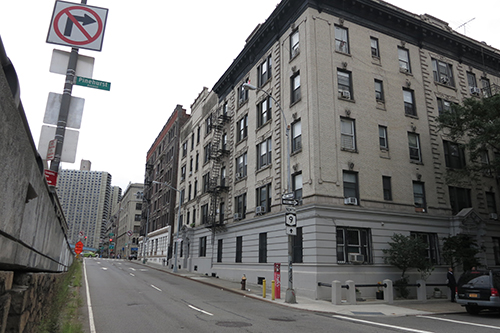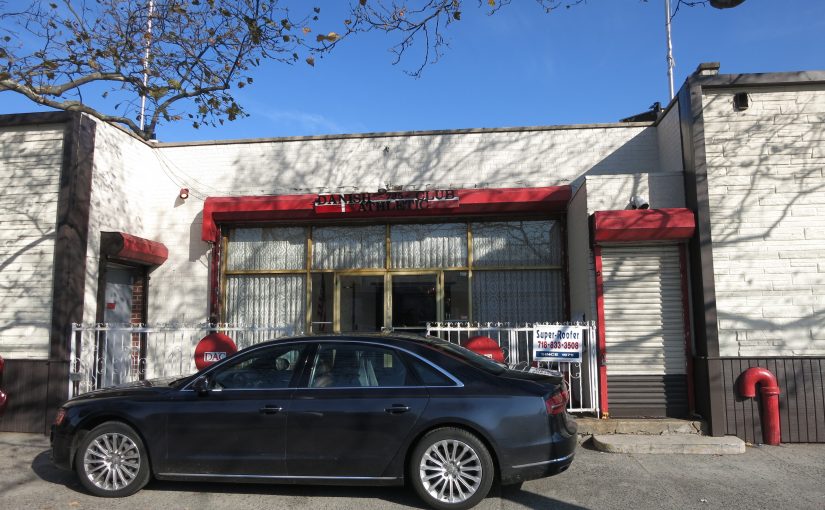If you’re planning on using an alternative to conventional lending on a real estate investment, you may look into a hard money loan or bridge loan, but how do you know which one to choose? Find out the specifics ahead of time to know which is a better fit for your scenario.
Knowing the difference between a bridge loan and a hard money loan is almost as straightforward as exploring the definition of each. Once you understand how the two terms are explained, the distinction between a bridge loan and a hard money loan becomes much clearer.
What Is a Bridge Loan?
Similar to how a bridge closes the space between two points, a bridge loan is useful to fill gaps in financing. Many borrowers will select bridge loans for things like investments or property renovations. A bridge loan tides you over financially during the gap in time between the purchase of a property, the stabilization of said property, and arranging its long-term financing. Bridge loans usually have terms of between a few months and a year, although terms can sometimes exceed a year.
What Is a Hard Money Loan?
Short-term, conventional commercial mortgages are the closest comparison to hard money loans. People will take out hard money loans for the same purposes as they would a conventional loan, except that the money comes from a non-regulated private lender. Hard money loans typically have terms based solely on the value of the collateral, not on the creditworthiness of the borrower. Since traditional lenders, such as banks, do not make hard money loans, hard money lenders are often private individuals or companies that see value in this type of potentially risky venture.
Understanding the Differences
Hard money loans are always made by private lenders, making them different from bridge loans that can be supplied from either private or conventional financial companies.
A bridge loan is more attractive because it can come from a traditional bank, and the interest rate is lower than that applied to a hard money loan.
Are Bridge Loans and Hard Money Loans Similar?
There are some similarities between a bridge loan and a hard money loan as well. Both usually have a relatively quick approval process and the standard loan terms for both are also usually much shorter than a conventional mortgage.
Bridge loans and hard money loans are both financed against a property, however bridge loans are used more for renovations and improvements, while hard money loans are used to purchase or refinance a property when conventional lenders are not an option.
These two types of loans are similar because the interest rates are higher for both than a conventional loan. The repayment terms are also more flexible, and there are fewer, if any, penalties for repaying either of the loans early.
In conclusion, the most significant difference between a bridge loan and a hard money loan is that the hard money loan always comes from a private lender, while a bridge loan can either be funded privately or from a more traditional source like a bank or insurance company.
H&O Capital Funding has helped countless real estate buyers, sellers, lessees and lessors achieve their goals. Our legacy is unwavering commitment to the communities we serve. Houlihan & O’Malley Commercial Real Estate Services specializes in four distinct, yet overlapping, areas of business: Commercial Brokerage services, Private Mortgage services, Appraisal Services and Advisory services.
For more information on loans that we offer, visit our website.




